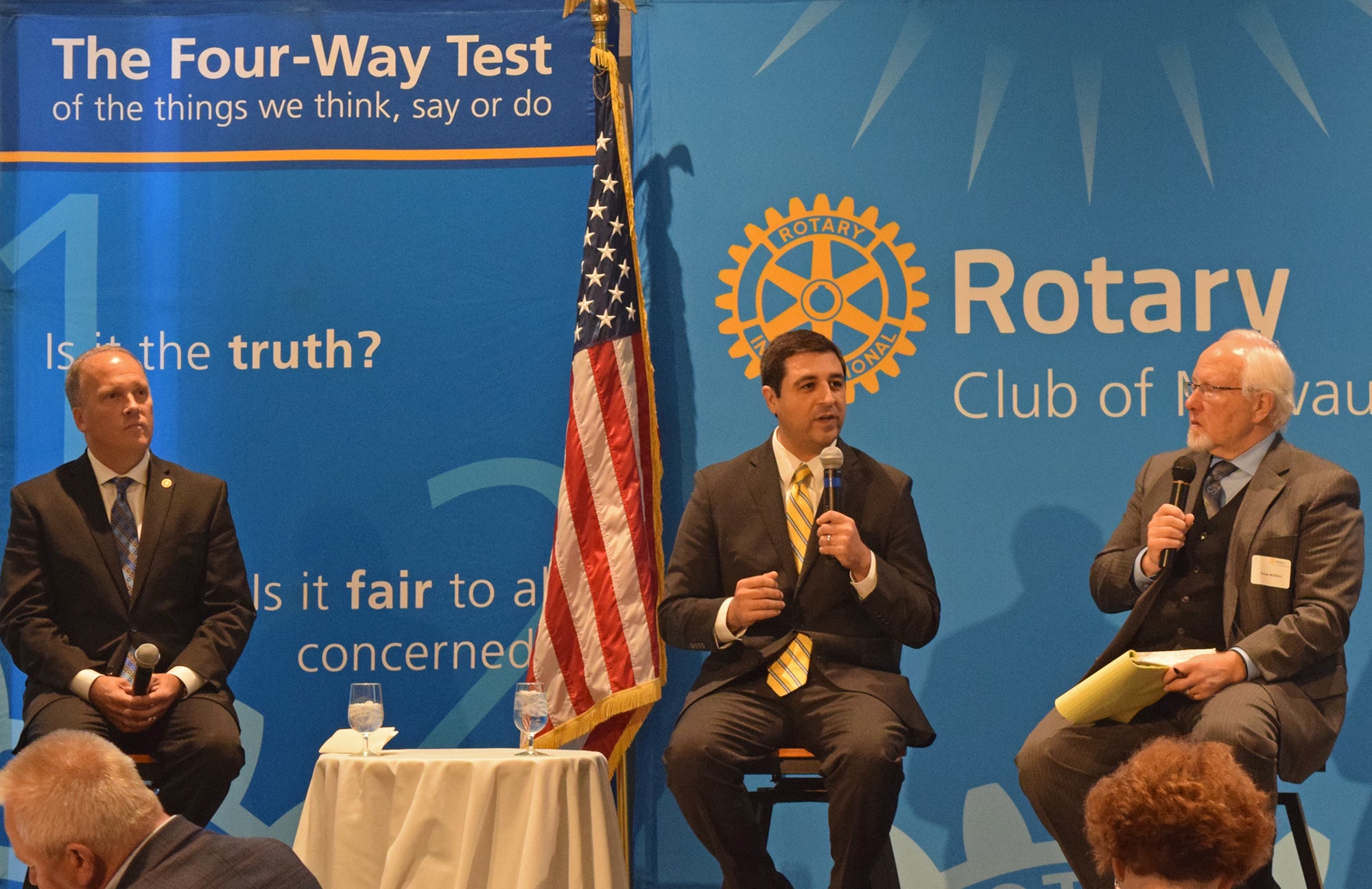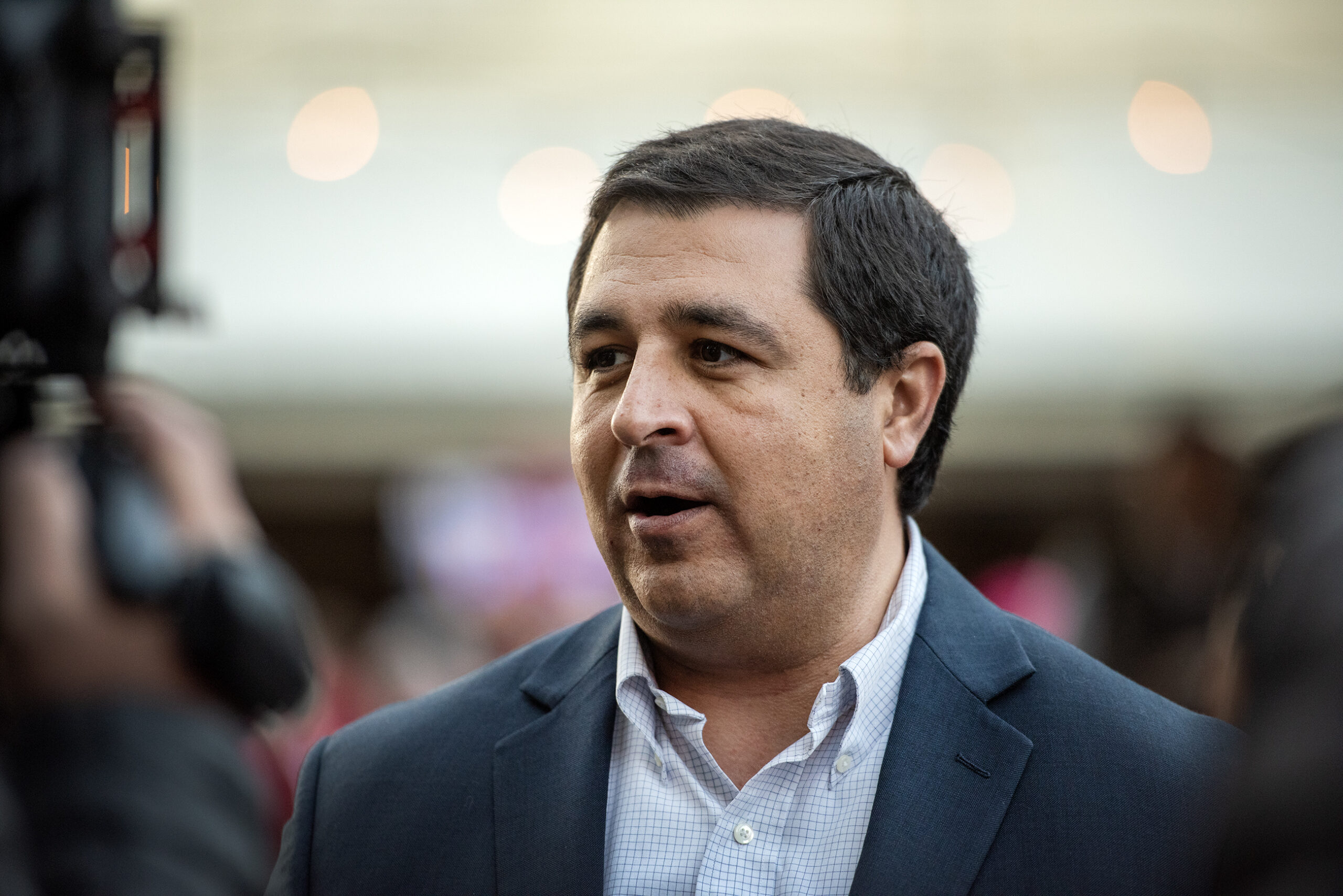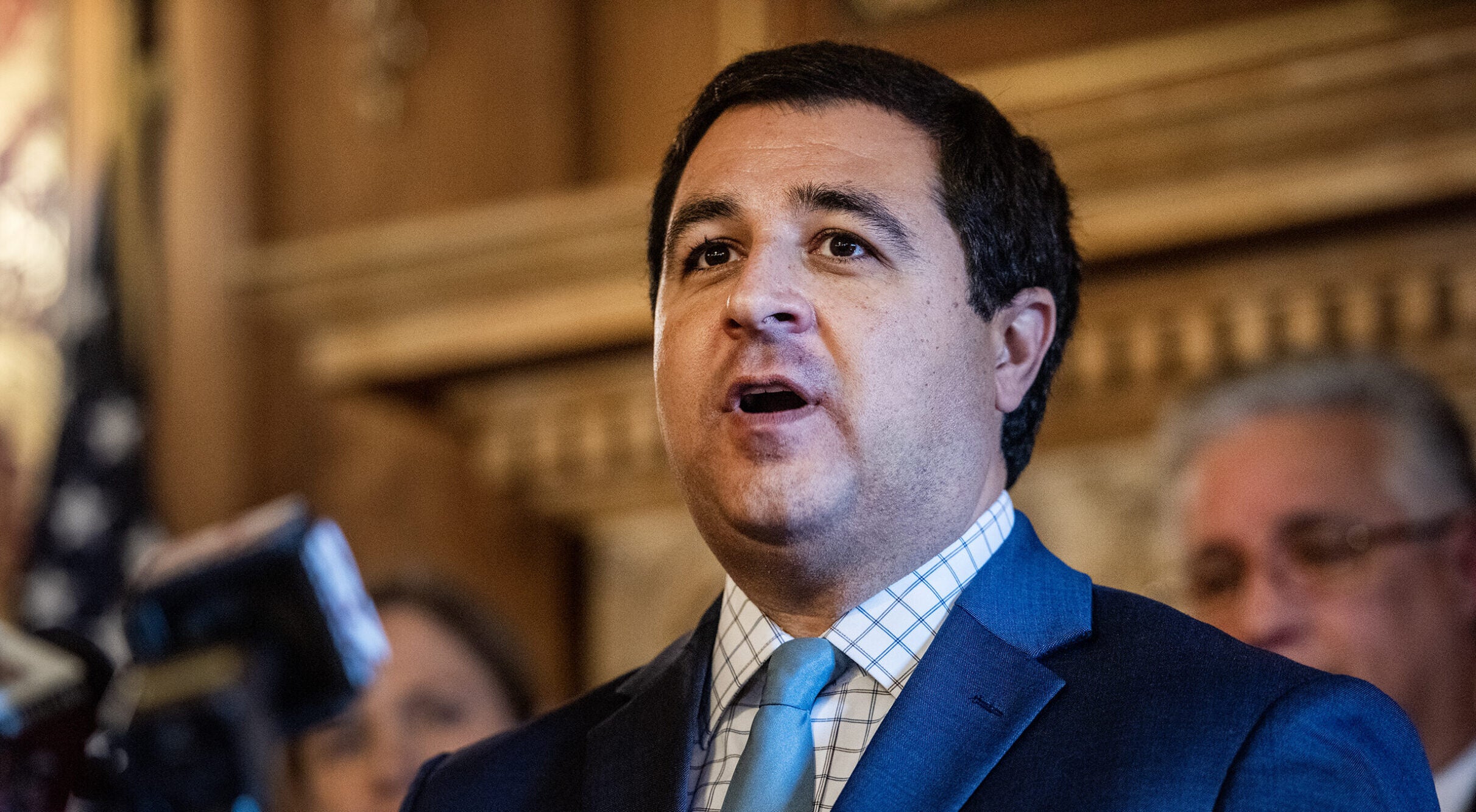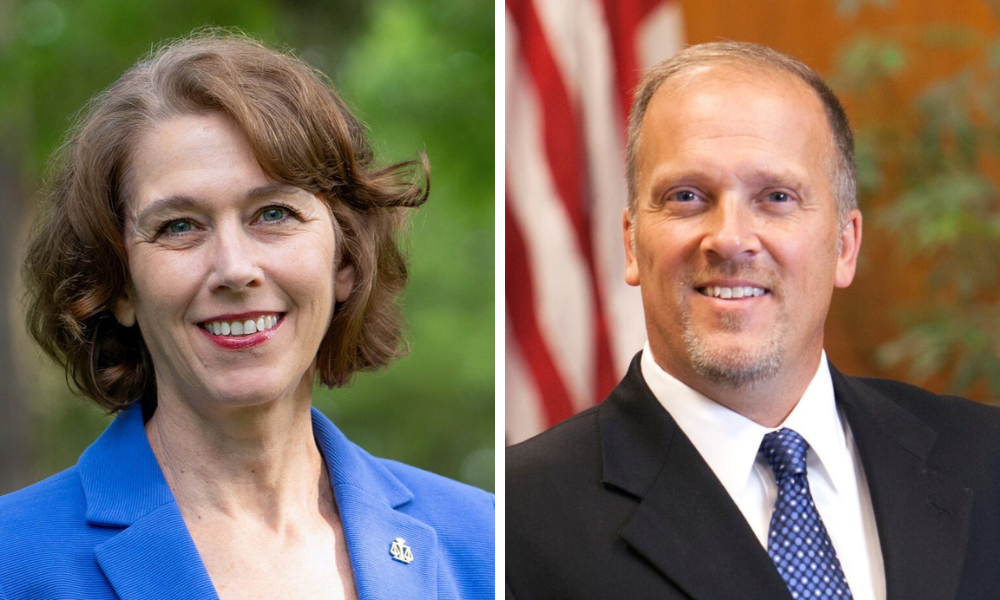Wisconsin’s Republican Attorney General Brad Schimel and Democratic challenger Josh Kaul met in Milwaukee Tuesday — the third debate between the candidates. Similar to their first two appearances, Schimel and Kaul sparred over how to address the opioid crisis, school safety measures and the Affordable Care Act.
Schimel is currently suing to overturn the signature Obama-era law arguing it’s unconstitutional and harmful to Wisconsinites.
“Obamacare is going to collapse under its own weight, it’s a series of broken promises,” Schimel said, adding there are millions of American residents who remain uninsured under the program.
News with a little more humanity
WPR’s “Wisconsin Today” newsletter keeps you connected to the state you love without feeling overwhelmed. No paywall. No agenda. No corporate filter.
Kaul disagreed. He said the case against the ACA is weak and emphasized that if repealed, those with preexisting conditions would lose protections — something Schimel has conceded to in the past.
“I think we should be working to expand access to affordable health insurance coverage here in Wisconsin and working to reduce costs, not fighting to eliminate protections for people who have preexisting conditions,” said Kaul. But Schimel argued that that role falls on state and federal lawmakers.
Gov. Scott Walker approved Wisconsin’s participation in a multi-state lawsuit suing the federal government to overturn the ACA.
Opioid Epidemic
Throughout the race, both Schimel and Kaul have pointed to the opioid epidemic as the biggest issue facing Wisconsin. And on Tuesday Schimel continued to tout the Department of Justice’s efforts to collect unused prescription medications — a move that has resulted in an overall drop in opioid prescriptions issued in the state.
Still, Kaul said Schimel hasn’t done enough to address the crisis, including holding pharmaceutical companies accountable.
“Mr. Schimel has been AG for three-and-a-half years now,” Kaul said. “So we’re not taking swift action by any stretch.”
In June 2017, Schimel announced he was joining a multi-state investigation into the top five opioid manufacturers. But Kaul would like to see the DOJ sue major pharmaceutical companies to see if they played a role in exacerbating the epidemic.
Schimel countered, saying cities like Chicago that have sued pharmaceutical companies will likely be tied up in litigation for years to come, and that his approach allows his office to go over evidence while simultaneously engaging in potential settlement discussions.
“The lawsuits could lead to getting money, possibly if they’re successful, eight to 10 years from now,” Schimel said. “We don’t need the help eight to 10 years from now, we need the help right now.”
One area where the two candidates agreed was the use of drug-treatment programs instead of incarceration.
School Safety
On school safety, Kaul maintained that the Department of Justice should avoid arming school personnel at all costs.
“If we arm teachers, there will be guns in our classrooms that introduces a danger that isn’t present right now,” Kaul said, adding that he supports gun-free school zones, universal background checks and a ban on bump stocks.
Meanwhile, Schimel said arming school personnel is a local school district issue not a state government decision.
“If the state of Wisconsin Legislature decides to make that move, and a local school district with the support of their voters decides to permit teachers to be armed, and if any teacher chooses to be armed, I’ll train them,” he said.
Schimel and Kaul also weighed in on the role they believe the DOJ should play in addressing Wisconsin’s high incarceration rate of African Americans. Schimel said eliminating racial disparities is a matter of creating safe schools and family-supporting jobs. Kaul said the attorney general’s office should advocate for community policing, diversion programs like drug courts and expanding substance abuse treatment.
Schimel has served as attorney general since 2015 and Kaul is a private practice attorney in Madison who focuses on voting rights issues.
Wisconsin Public Radio, © Copyright 2025, Board of Regents of the University of Wisconsin System and Wisconsin Educational Communications Board.







